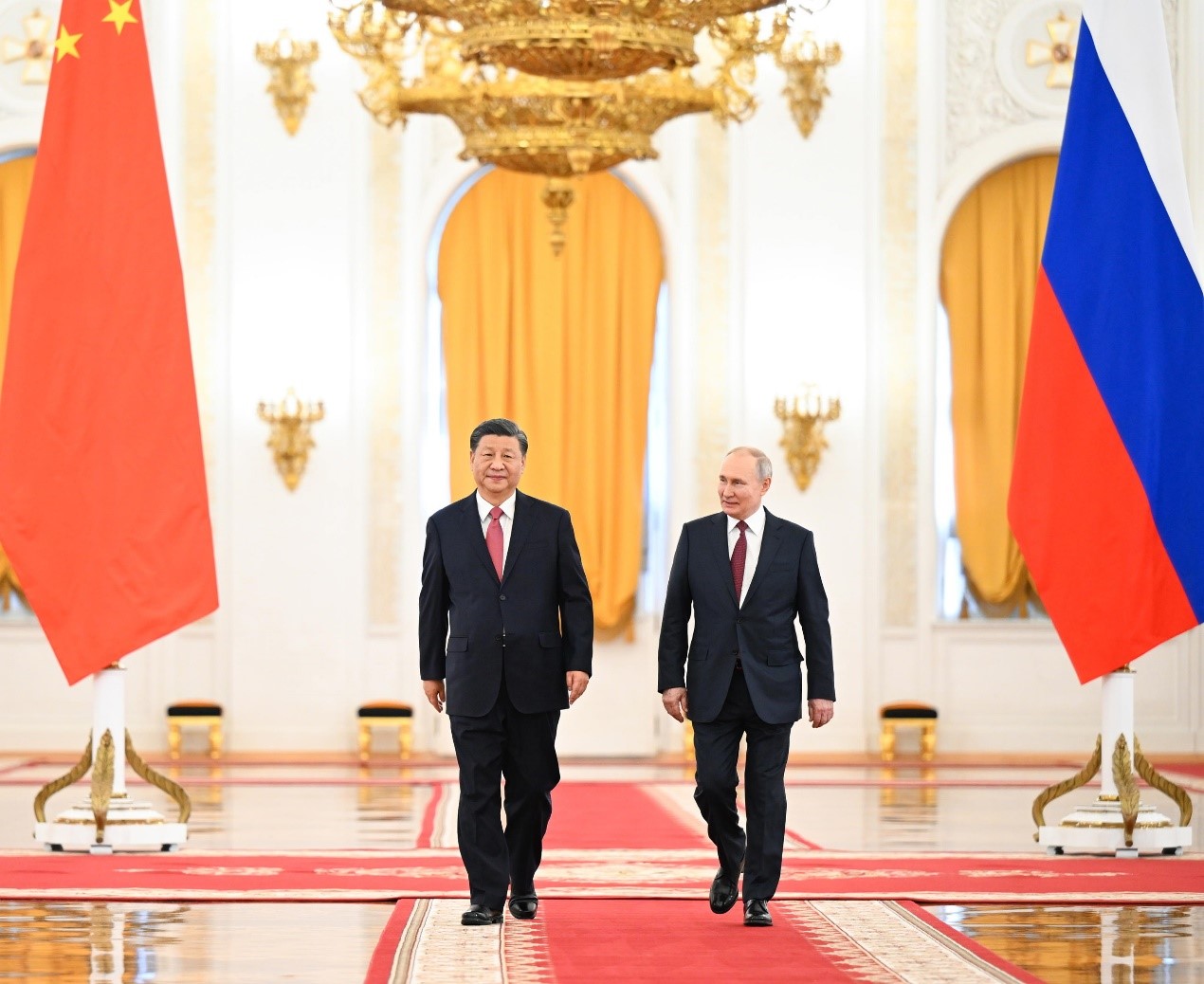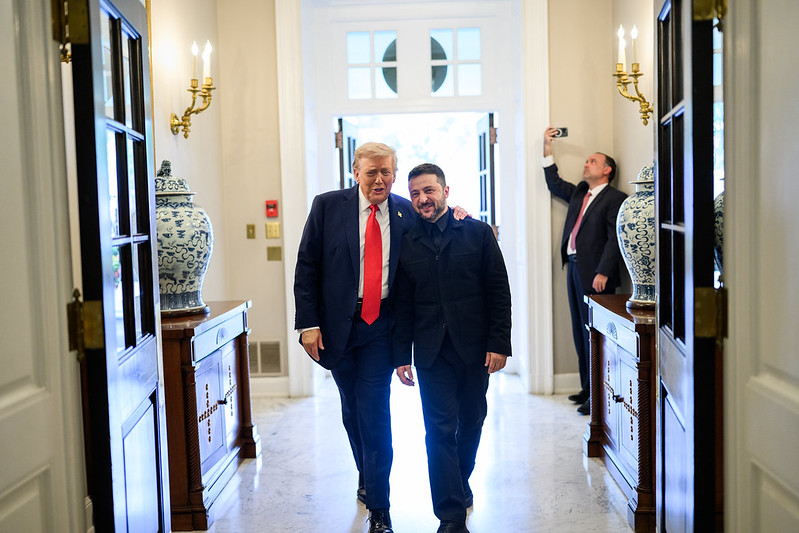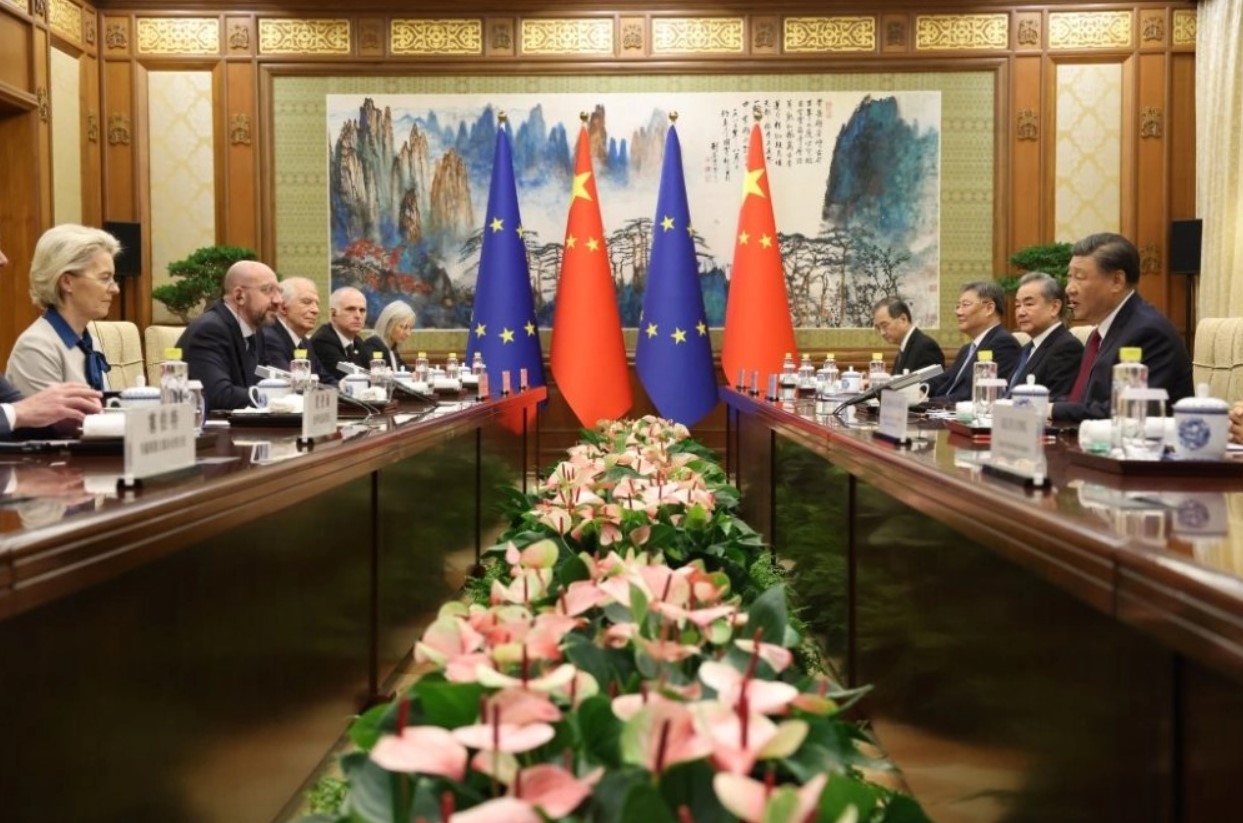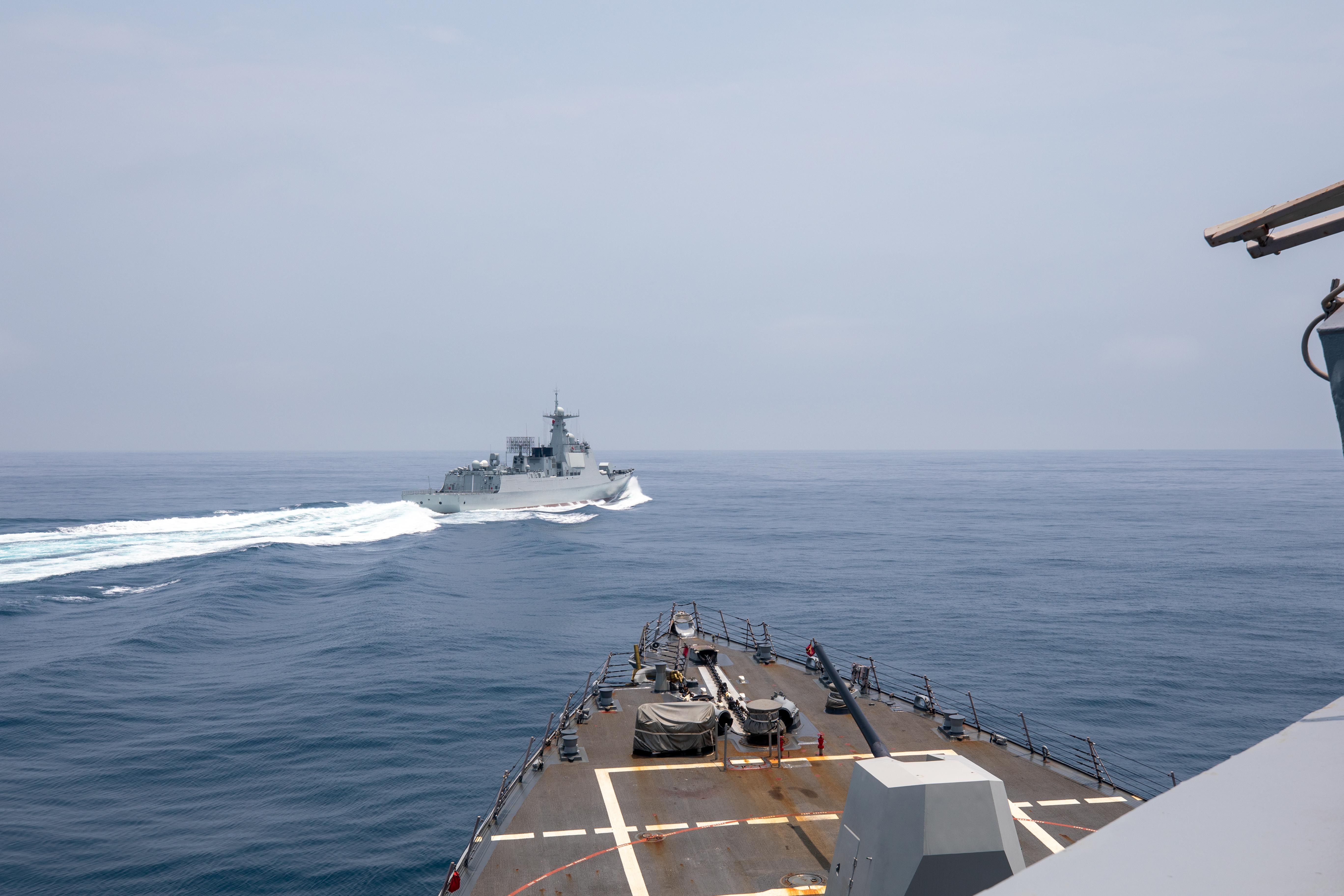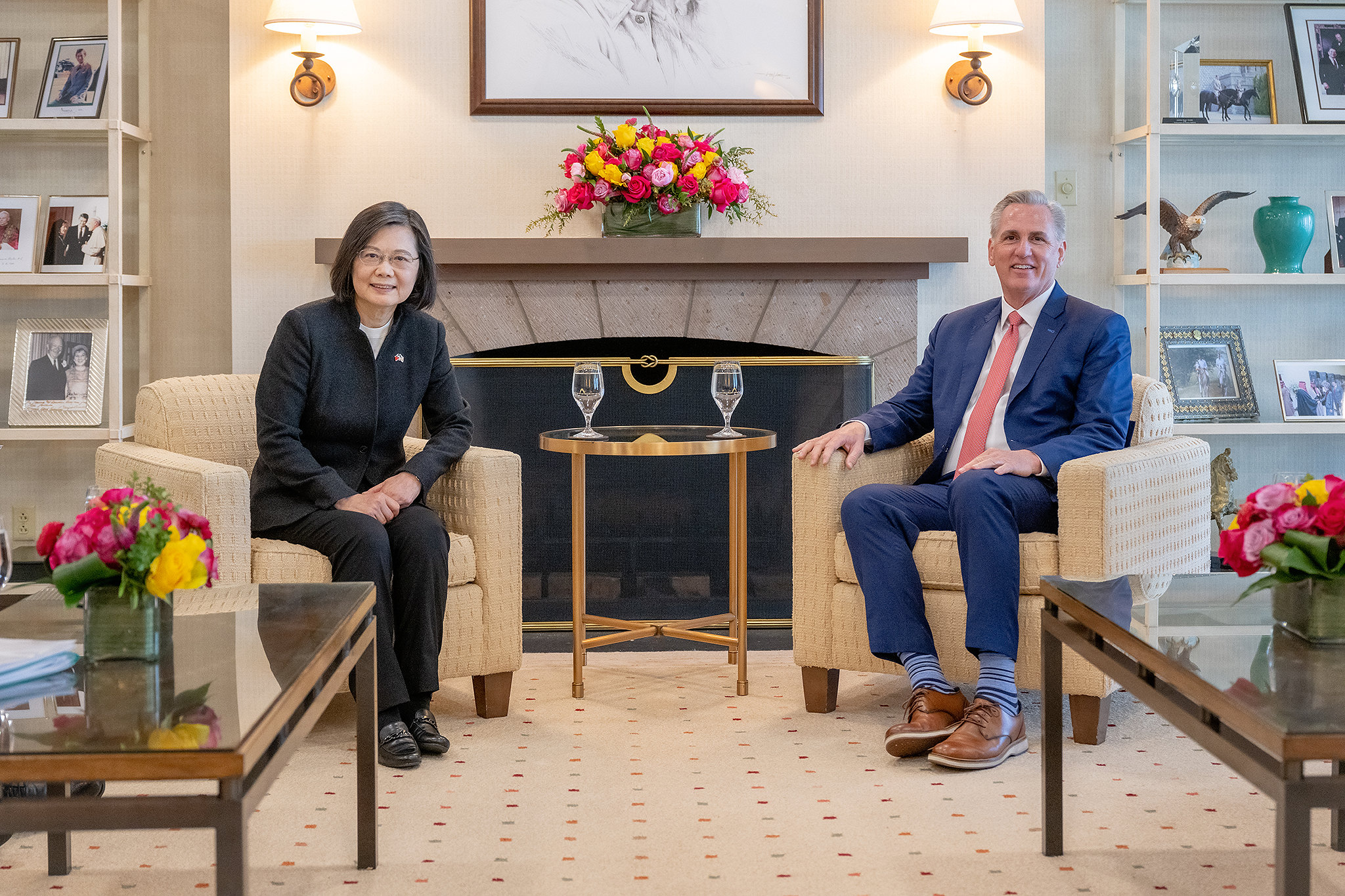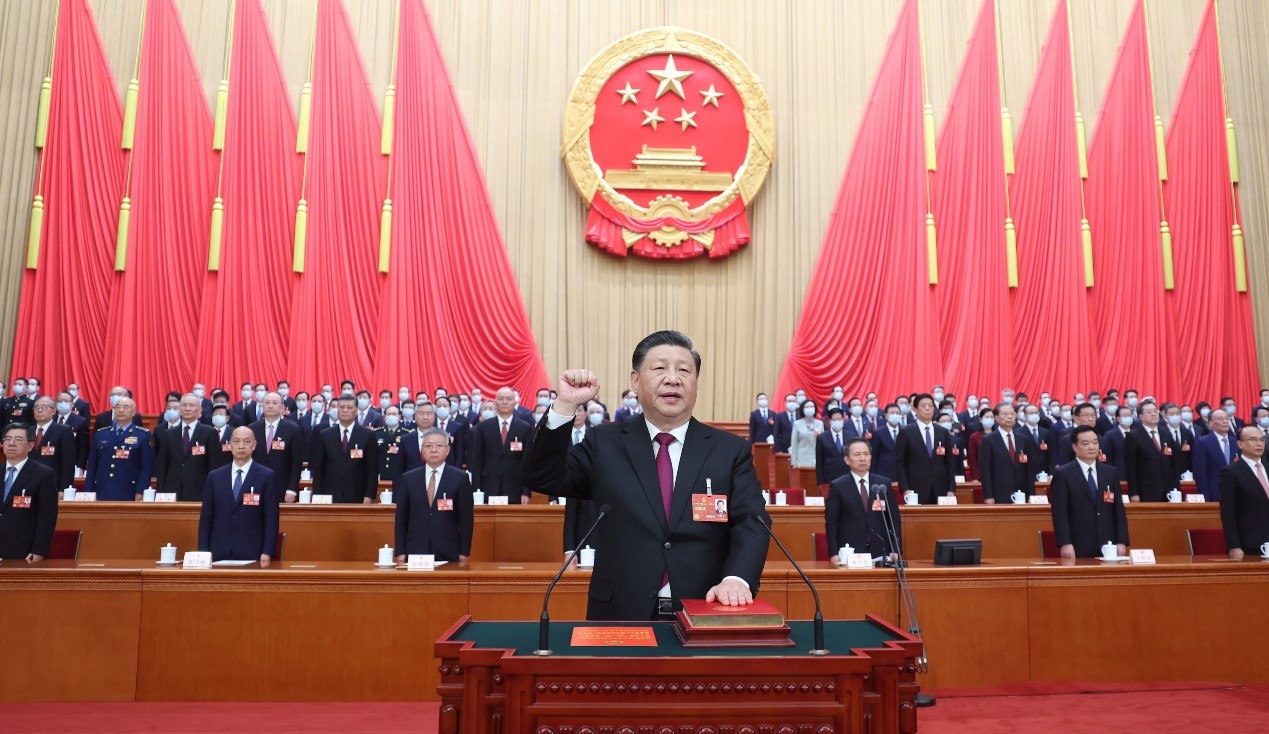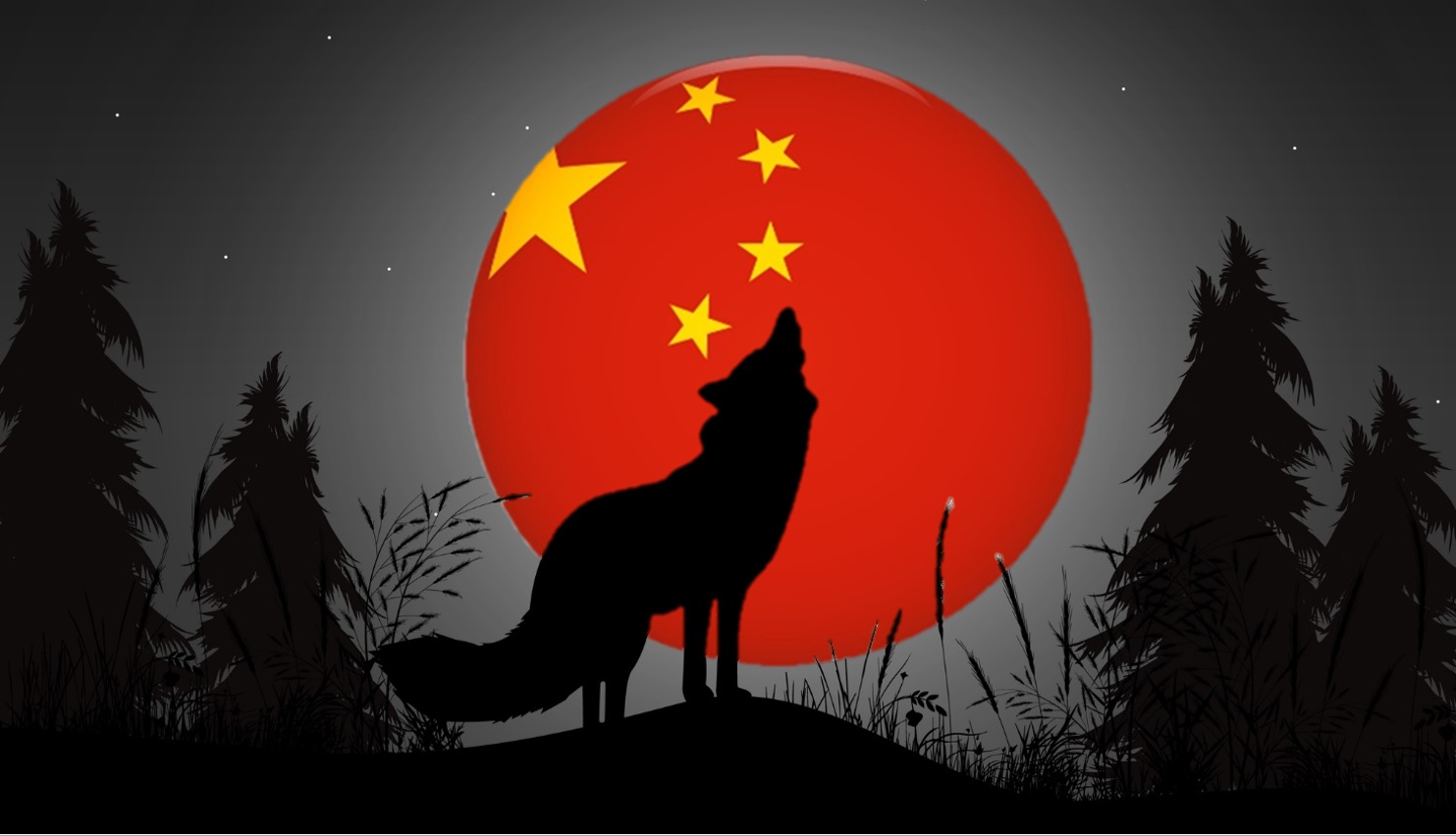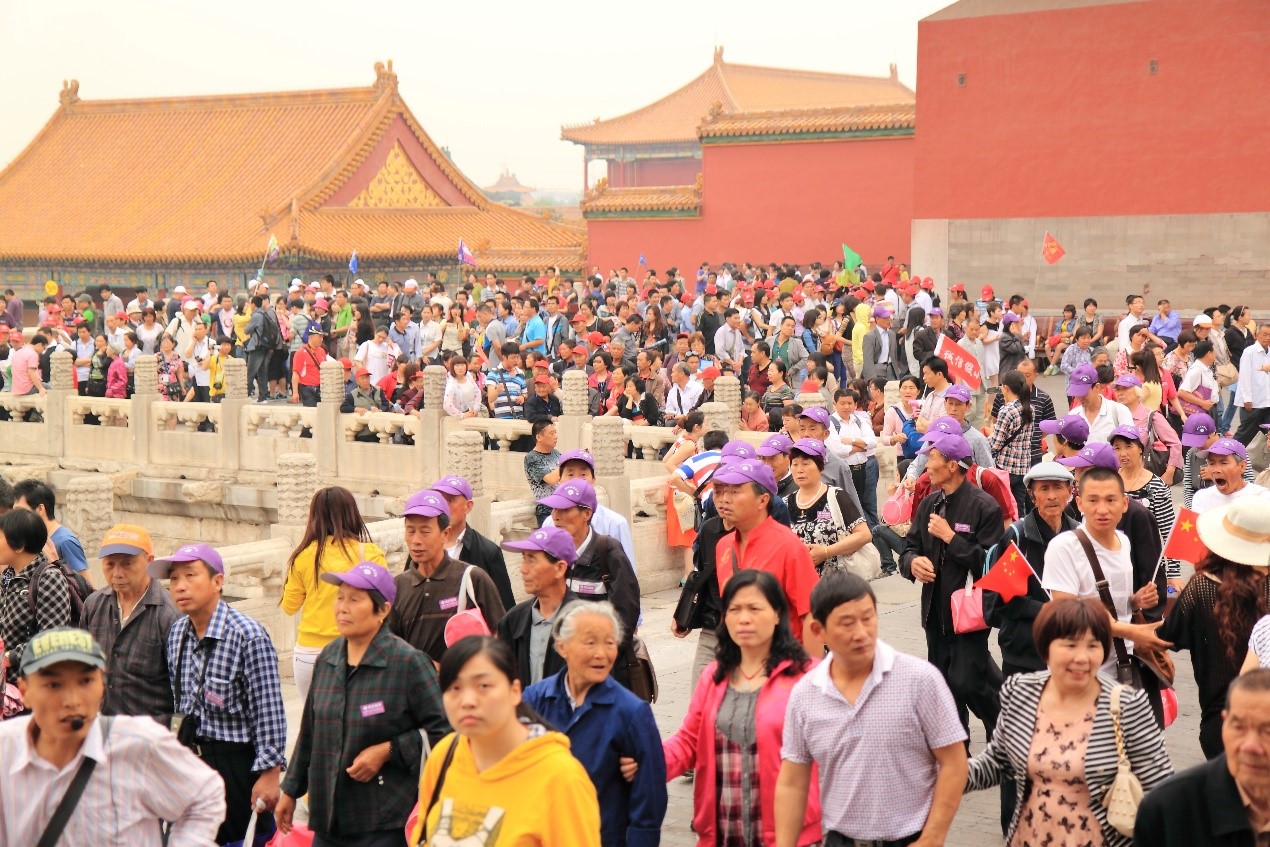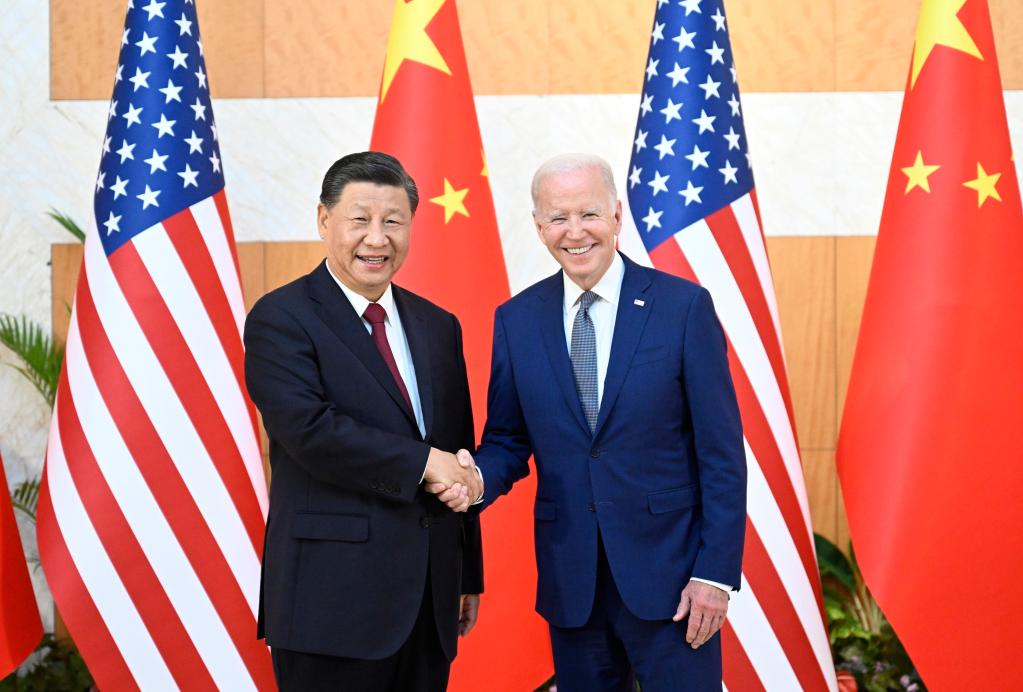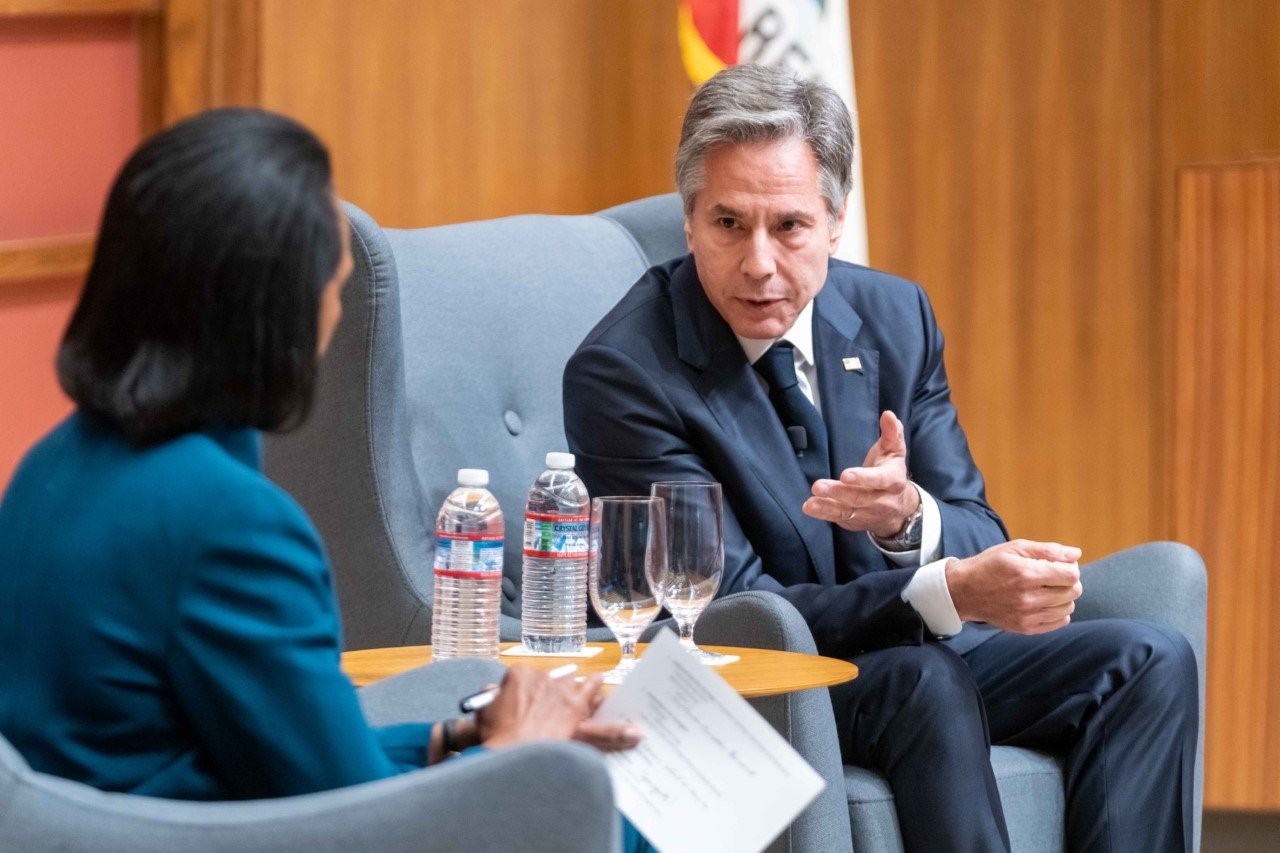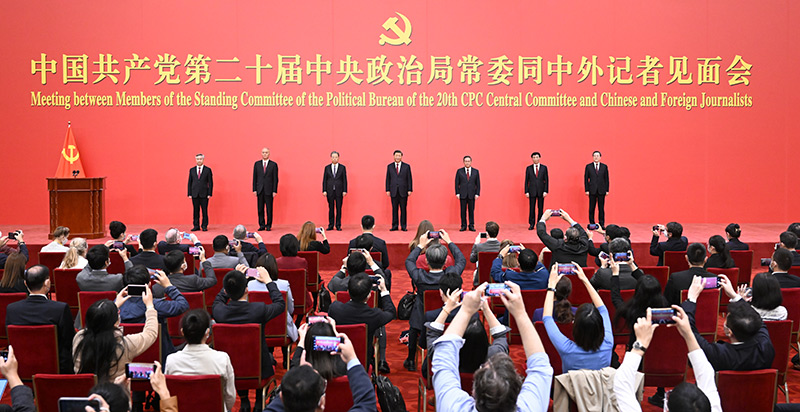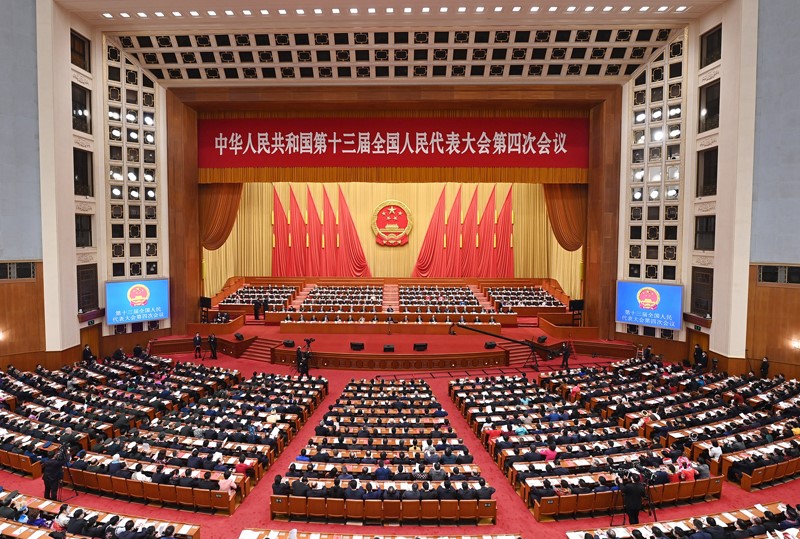China’s Peace Plan for the Russo-Ukrainian War and its Impact on International Security
One of the key strategic interests for China is to ensure the stability of the Russian regime. If Russia split apart, which could lead to a power vacuum in Belarus, Central Asia, and Russia itself. This would greatly affect China’s border security and energy supply in the north, and cause significant damage to its national interests.
Picture source: 謝環馳, March 22, 2023, 《中國政府網》, http://www.gov.cn/xinwen/2023-03/22/content_5747723.htm.
China’s Peace Plan for the Russo-Ukrainian War and its Impact on International Security
Prospects & Perspectives No. 15 March 24, 2023
By Sanyi Yang
Several European countries have been forced to take sides over Russia’s invasion of Ukraine — one of them is Germany. Due to Germany’s heavy reliance on energy imports from Russia, the explosions that ruptured the Nord Stream pipelines in September 2022 has resulted in a significant reduction of natural gas supply from Russia to Germany. Germany was also initially reluctant to provide military assistance to Ukraine, such as Leopard 2 tanks, but eventually agreed to do so under international pressure. Not only Germany, but France’s past efforts at mediation have also been unsuccessful. During a meeting with Wang Yi, Director of the Office of the Central Foreign Affairs Commission of the Chinese Communist Party (CCP), French President Emmanuel Macron indicated that China could exert pressure on Russia to return to the negotiating table and end the war.
Anniversary of the Russo-Ukrainian War: China’s role shift
On February 15, 2023, Wang Yi visited Europe and met with leaders from France, Italy, Hungary, Germany, and Russia. He met with French President Macron on the 15th, German Chancellor Scholz on the 17th, and Russian President Putin on the 22nd, but did not enter Ukraine. On February 24, China released its position on the political settlement of the Ukraine Crisis.
Western countries continue to provide military aid to Ukraine, which has enabled Ukraine to avoid defeat and effectively resist Russian aggression. Several countries are also calling for ongoing efforts to promote dialogue and negotiations. France and Germany have not given up their stance on negotiations despite the fact that the war has lasted for more than a year.
Under these circumstances, China has shifted its role from being a passive hedger and beneficiary in the past to an ostensibly active promoter of dialogue. Through bilateral meetings, shuttle diplomacy and political statements, China has seemingly tried to strengthen the negotiating power of European countries; this is the reason why Beijing proposed a 12-point peace plan, which mainly targets the following audiences:
1. Respect the sovereignty of all countries (the main audience is not specified, and both Russia and Ukraine can interpret it in their own way);
2. Abandon the “Cold War mentality”;
3. Ceasefire;
4. Resume peace talks, in line with the stance of several European and neighboring countries and peace advocates;
5. Resolve the humanitarian crisis caused by the war;
6. Protect civilians and prisoners of war, in line with Ukraine’s stance;
7. Keep nuclear power plants safe, in line with the stance of Ukraine and neighboring countries;
8. Reduce strategic risks: openly oppose the use of nuclear weapons and nuclear war, which helps China distinguish its position from that of the United States and Russia;
9. Facilitate grain exports, in line with the stance of most countries;
10. Stop unilateral sanctions, in line with Russia’s stance;
11. Keep industrial and supply chains stable, in line with the stance of most countries;
12. Promote post-conflict reconstruction: in line with the stance of most countries.
Can China truly play the role of a peace promoter?
China’s policies have faced several challenges, such as Russia’s attitude towards the Strategic Arms Reduction Treaty (START). On February 21, 2023, Putin delivered a speech to the parliament focusing on Russia’s legitimacy in responding to the Ukrainian war and announcing the temporary suspension of START. Putin is trying to strengthen Russia’s nuclear deterrence strategy, i.e., gaining the initiative in nuclear testing, increasing the number of nuclear delivery vehicles, nuclear warheads, heavy bombers, and other capabilities.
China has not expressed support for any UN resolutions regarding Russia’s war on Ukraine, withdrawal from START, the Bucha massacre, the kidnapping of children and other warlike actions. China is also reluctant to assist Ukraine and has not provided any military equipment to Ukraine to date. Therefore, when China proposed a 12-point peace plan, Ukraine was cautious and did not make any decisive comments. Furthermore, it is significant that Wang and Xi Jinping have recently visited Russia but have not set foot on Ukrainian soil.
After the outbreak of the Russia-Ukraine war, China became Russia’s largest political and economic supporter. Politically, China has not publicly condemned Russia, but has expressed opposition to the use of nuclear weapons. Economically, China has purchased crude oil from Russia that the EU has reduced imports of, and the Russia-China Power of Siberia natural gas pipeline opened in December 2022. Militarily, direct assistance from China to Russia has not been confirmed, but Xi may have discussed the issue during his visit to Russia in late March. This is why U.S. Secretary of State Antony Blinken warned China in advance not to provide military assistance to Russia at the Munich Security Conference this February.
From domestic affairs to foreign affairs
Xi’s visit to Russia in March and back-to-back meetings with Putin has several implications. First, it was his first foreign visit after commencing his third mandate as president, demonstrating that domestic political arrangements have been properly made. Second, the visit was made one year after the beginning Russian invasion of Ukraine. With the two sides deadlocked in the Donbass region, providing a solution for peace talks seems a good bargain. Third, Turkey, France, Germany, and other countries have failed to achieve their goal of urging an end to the war in recent months, and China's proposal for peace talks differentiates its stance from that of the United States, with the aim of gaining support in Europe and other countries for peace talks.
China is encouraging Russia and Ukraine to engage in peace talks, which is in line with China’s national interests. One of the key strategic interests for China is to ensure the stability of the Russian regime. If Putin cannot gain enough political support and is ousted, Russia is likely to split apart, which could lead to a power vacuum in Belarus, Central Asia, and Russia itself. This would greatly affect China’s border security and energy supply in the north, and cause significant damage to its national interests.
There have been no signs of peace talks so far, but the progress of the talks is closely related to the progress of the war. With the continued military support of the United States and Western countries, Ukraine can maintain its strong fighting capacity against Russian aggression. In addition, as spring approaches, the thawing of the soil will make military operations easier to carry out and advanced Western weapons can continue to support Ukraine. If Ukraine can launch a major counterattack, it will create favorable conditions for peace talks, which will be more attractive to Ukraine at that time.
(Dr. Yang is Professor, Graduate Institute of International Politics, National Chung Hsing University.)


